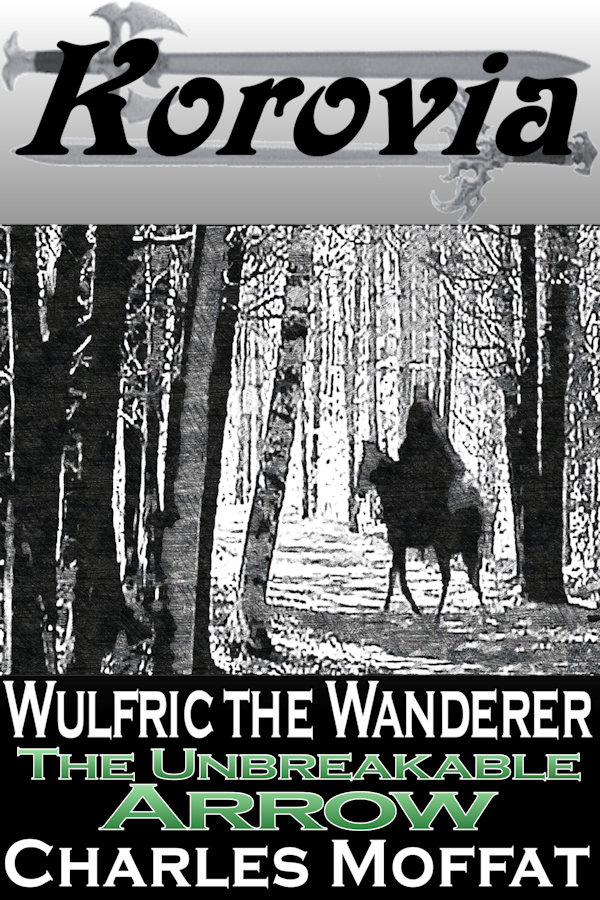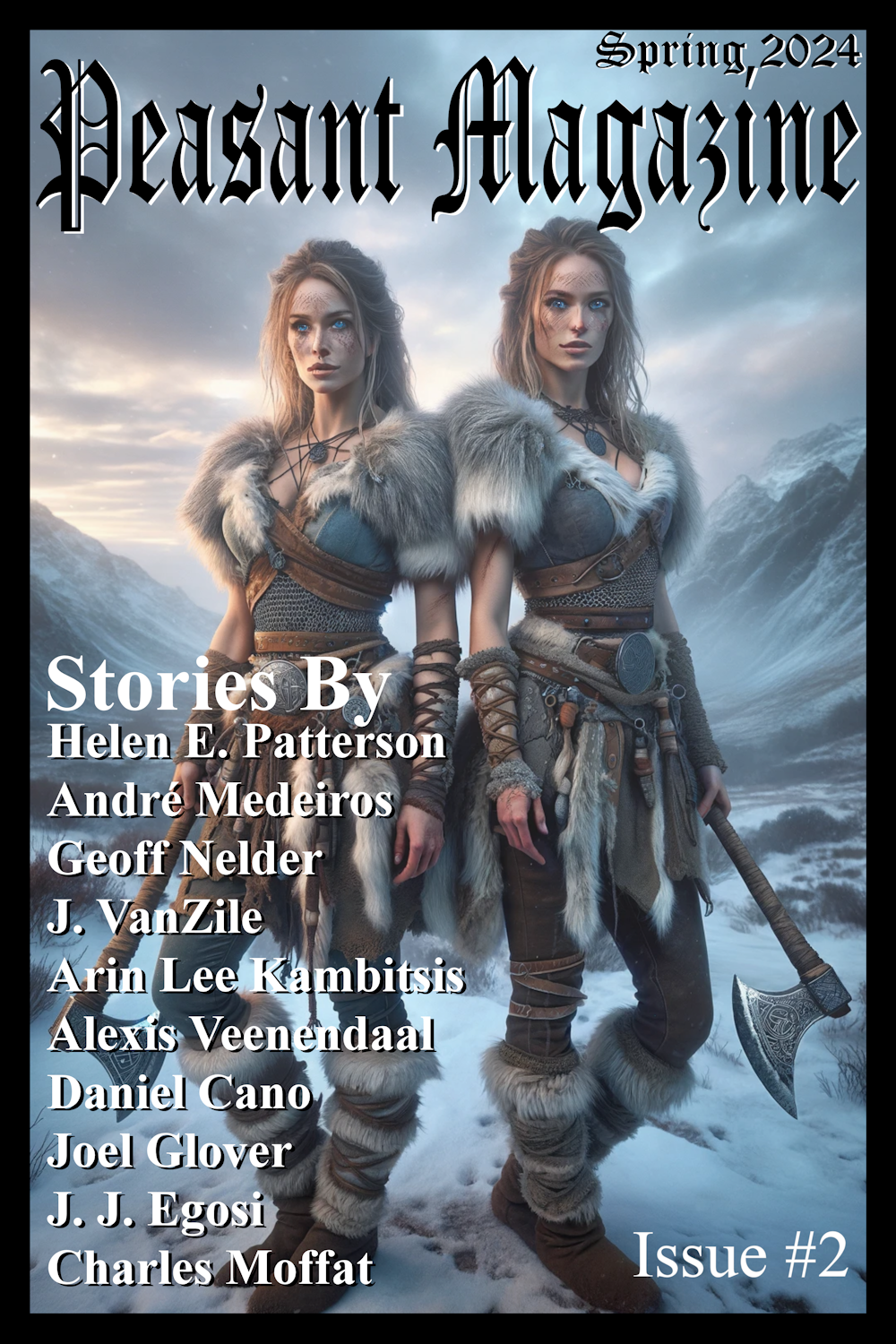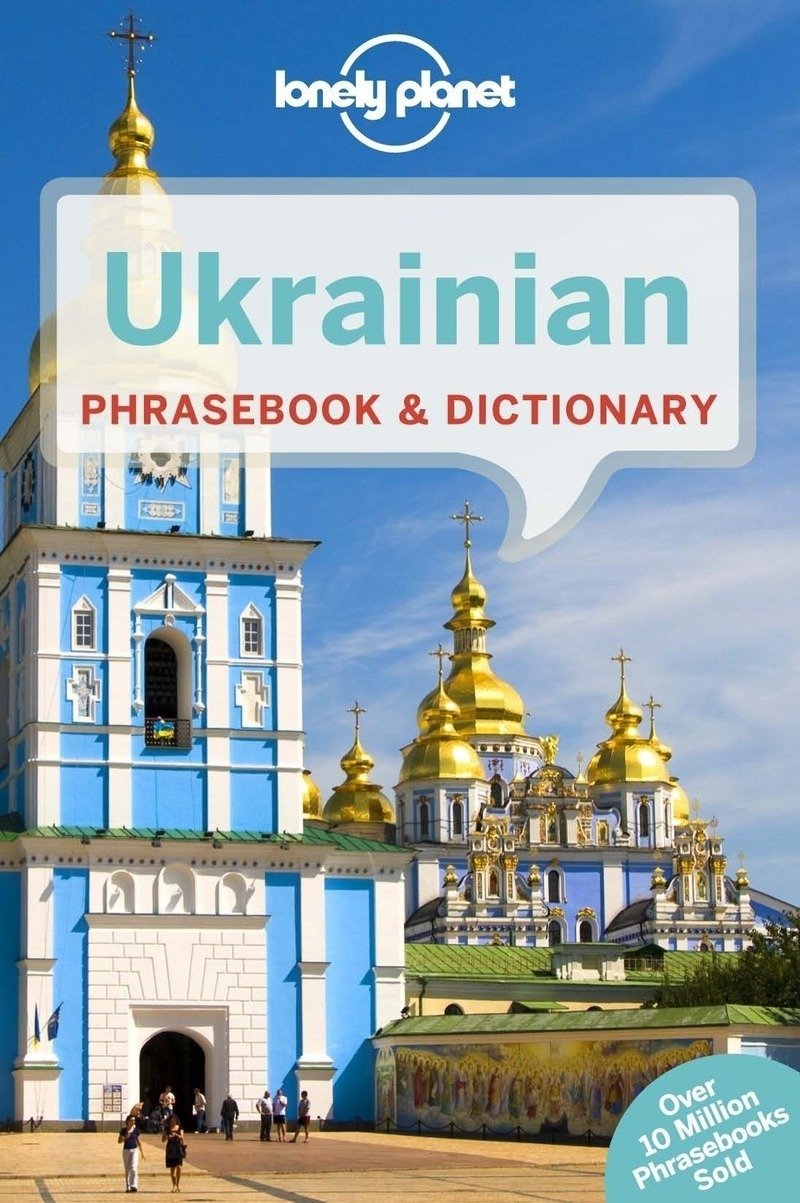|
|
|||||||||||||||||||||||||||||||

Books!When was the last time you read something truly incredible? And I don't mean the Song of Ice and Fire series or "Fifty Shades of Grey"... I mean a book that inspires you and makes you think beyond your own petty greed and need for instant gratification?! Well this section of Lilith Press Magazine is dedicated to book reviews of books we recommend other people try reading. Why? Because they're seriously that good. We wouldn't be recommending them if we didn't really like them.
Sincerely,
Author Tips
Comic Books
Fantasy
Historical Fiction
Horror
Non-Fiction
Mystery
Romance
Science Fiction
Survival Fiction
Sword & Sorcery
Book Reviews Wanted Our staff writers only read certain types of books (mostly fantasy, historical fiction, horror, etc) so we are in short supply of other genres of books. Freelance writers / book reviewers looking to send us book reviews to be posted should email lilithgallery@gmail.com. We are currently supplementing the list above by including links to book reviews on Charles Moffat's YouTube Channel, as he has been busy making video book reviews of various fantasy, historical fiction and other books. However we would like to see more written book reviews, so if you want to tell us about a book you've read which you feel deserves more attention please tell us about it.
Indie Fantasy BooksFor indie authors, getting their books into traditional brick-and-mortar bookstores can be a challenging feat. Without the backing of a major publisher, navigating distribution networks and securing shelf space often feels like an uphill battle. However, websites like arcanetomes.org offer a much-needed alternative. As an online bookstore dedicated exclusively to indie fantasy books, Arcane Tomes provides a platform where independent authors can showcase their work to a target audience passionate about the genre. By removing the barriers of traditional retail, Arcanetomes gives indie authors a real opportunity to be discovered and succeed. |
|
||||||||||||||||||||||||||||||
|
Why Authors Should Reconsider Using Beta ReadersBy Monique B., November 2024. Beta readers are often touted as an essential part of the writing process, providing feedback to help authors refine their work before publication. However, the reality of working with beta readers is not as straightforward as it's made out to be, and the effort involved may not yield sufficient rewards to justify the time and energy invested. Here's why authors might choose to skip the beta reader phase altogether: 1. Beta Readers Are Hard to Find Finding reliable and committed beta readers is a significant challenge. Many people express initial interest but fail to follow through, either abandoning the project midway or never providing feedback. For new authors or those without an established network, this process can consume time that might be better spent polishing the manuscript or planning marketing strategies. 2. Feedback Quality Is Highly Variable The feedback authors receive from beta readers can range from insightful to entirely unhelpful. Some beta readers may not have the literary expertise to offer constructive criticism, providing vague or subjective responses like “I didn't like this part” without explaining why. Worse, others may push their personal preferences, encouraging changes that deviate from the author's vision and potentially weakening the story. 3. Group Feedback Can Be Confusing When working with multiple beta readers, their feedback often conflicts. One reader might love a particular subplot, while another insists it should be removed. Navigating these contradictions can overwhelm the author and lead to second-guessing decisions that were solid to begin with, diluting the authenticity of the work. 4. Time Consumption The process of coordinating with beta readers, waiting for their feedback, and analyzing their responses can be lengthy. For authors with tight schedules or a set publication timeline, this delays progress and may not significantly improve the book in the end. Time spent managing beta readers could be used more effectively revising independently or working with professional editors. 5. Risk of Negative Influence Beta readers can inadvertently harm a book by steering it in the wrong direction. They might overemphasize trends, suggest clichés, or misunderstand the author's intent, leading to changes that compromise the originality of the work. Authors who are not confident in their vision may feel pressured to implement all suggestions, losing their voice in the process. 6. Better Alternatives Exist Instead of relying on beta readers, authors can focus on:
7. Diminished Returns The improvements beta readers suggest are often minor compared to those identified by a skilled editor or through rigorous self-revision. For many authors, the most transformative stages of editing come later in the process, rendering the beta reading phase less impactful. 8. The Reader Pool Doesn't Represent the Target Audience Beta readers might not reflect the demographic or preferences of the intended readership. Their responses may skew toward personal biases, leading to recommendations that do not resonate with the book's actual audience. This can misdirect the author into changing elements that would have appealed to their real readers. While beta readers can be helpful for some authors, they are by no means essential. The difficulties in finding, managing, and interpreting feedback from beta readers often outweigh the potential benefits. Instead, authors can focus their energy on honing their craft, working with professionals, and trusting their own instincts to deliver a compelling story. After all, the ultimate judge of a book's success is its reception by its intended audience, not the opinions of a few scattered beta readers.
Is Sword and Sorcery Dead? Hardly.By Charles Moffat, February 2020. Updated January 2021. What do you think of when you think of Conan the Barbarian? Do you think of the movies starring Arnold Schwarzenegger or Jason Momoa? Or do you think of the short stories by Robert E. Howard, who is widely regarded to be the Grandfather of Sword and Sorcery. Robert E. Howard published his original Conan stories between 1932 and 1936, before committing suicide in 1936. Many of his Conan stories were later published posthumously after his death, including various stories featuring similar characters which were edited and changed into Conan stories after his death by other authors due to the popularity of the Conan character. The original stories are now considered to be classics by fans of the Sword and Sorcery subgenre, and unauthorized additions to Conan's timeline have been posthumously added by a variety of fantasy authors including L. Sprague de Camp, Robert Jordan, Andrew J. Offutt, and many others. Conan the Barbarian is just one example of Sword and Sorcery however. The most famous example perhaps, but just one of many. There are many other authors who have also written within this particular fantasy subgenre. Authors like Marion Zimmer Bradley and Charles Saunders. Being written and published in the 1930s the original Conan stories suffer from a number of issues and now feel outdated. Editors in recent years have been "cleaning up" old Robert E. Howard stories to remove racial biases. The same problem persists in books by Edgar Rice Burroughs (creator of Tarzan and John Carter of Mars) and other authors from that time period. Authors from the 1950s and other decades were also prone to this problem. Ian Fleming (creator of James Bond/007) was a notorious racist. Anyone reading the original version of "Dr No" will be amazed at just how racist he was. The sexism of the era is also a concern, and inspired authors like Marion Zimmer Bradley to write their own Sword and Sorcery stories in an effort to eradicate that problem in the genre. So how do we fix this problem? Well, we can't change history. History is fixed. Editors may decide to alter the original stories to make them less racist/sexist or to try to eliminate the racism/sexism entirely, but there will always be original copies of the stories floating around in used book stores, and there will also be some readers who prefer the original versions in their unvarnished style. The original stories are well written after all, and despite their faults are enjoyed by many. The only real solution is for authors of today to be creating new Sword & Sorcery stories that grow in popularity, and for readers to start buying those books to see if they are worthy of replacing the original Sword & Sorcery classics of the 20th century with a new Sword & Sorcery of 21st century that depicts such things in a more realistic, honest, and hopefully worthy replacement. Doing my part, I have been writing my Wulfric the Wanderer stories since 2007. Stories like:
In the Wulfric the Wanderer series I depict racial diversity in a positive light, and while you might still see harem girls, they are usually trying to escape and defeat their male captors. While you can certainly see the influence of Robert E. Howard's writing on my work, it is certainly not the only influence. I am also influenced by David Eddings, Marion Zimmer Bradley, Andrzej Sapkowski, George R. R. Martin, J. R. R. Tolkien, Dave Duncan, and others. The length of each story in the series varies between being a short story, novelette or novella in length, and they are similar in length to the stories that Robert E. Howard wrote. Like REH stories they don't need to be read in any particular order, although some readers will certainly prefer to read them in order.
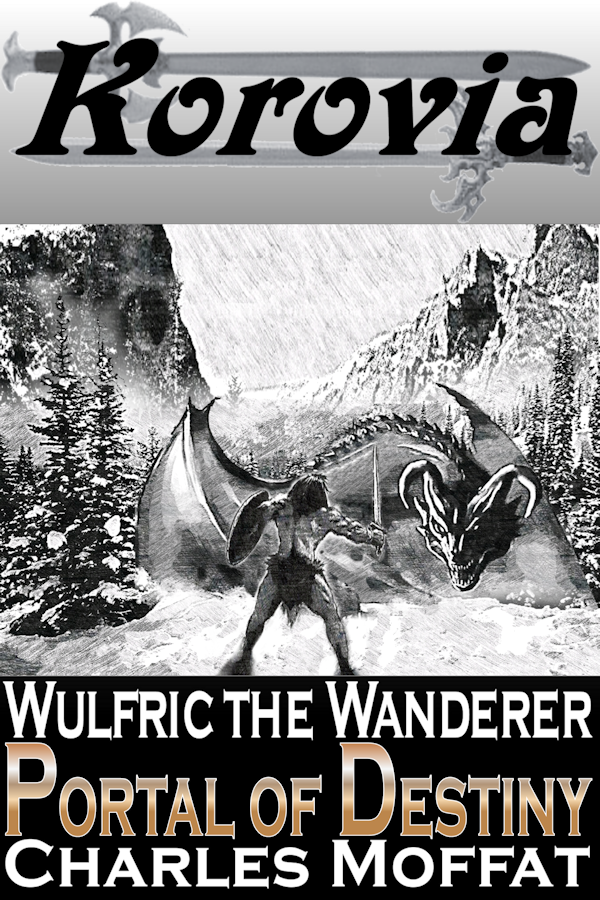 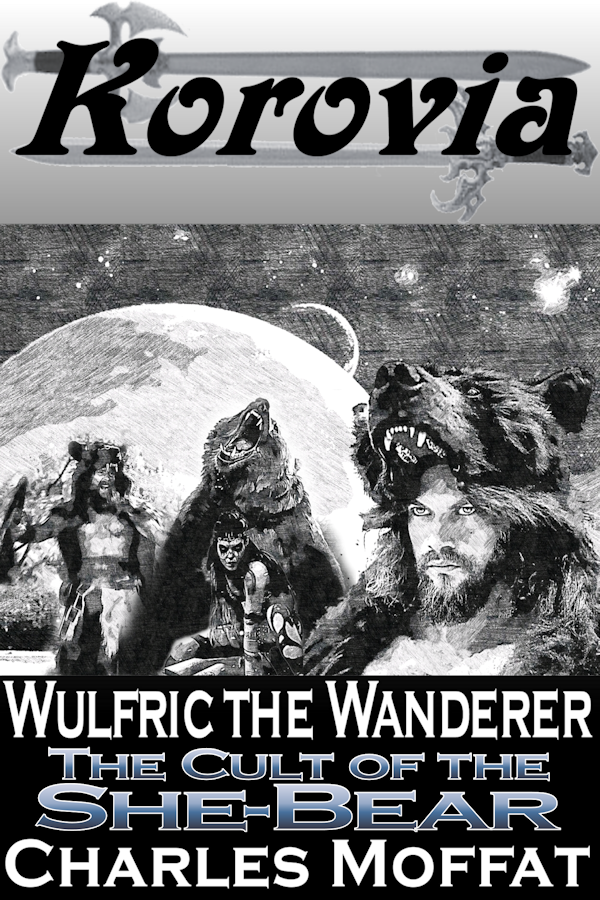
Portal of Destiny
Wulfric has grown weary of hunting in the Snowfell Mountains of Korovia and decides to head south, looking for danger and adventure. What he finds however is a portal that takes him back in time to when legendary warriors walked the land, and when great dragons ate warriors like himself as a snack.
The Cult of the She-Bear
Wulfric the Wanderer has traveled back in time to Korovia's Stone Age, when it is on the cusp of the Bronze Age. He has earned the trust and respect of the chieftain Ko Margus, and Wulfric has accepted that he is somehow destined to be trapped in this time period for the time being. When the Flintrako tribe finds megalithic carvings of bears in the side of a mountain the two sides begin to bicker about whether to destroy the carvings. Wulfric is tasked with investigating the nearby caves and the cave art within, finding more caverns that delve deeper into the mountain. What he doesn't know is that the bear carvings outside are magical wards that prevent an evil entity inside the mountain from escaping. If the carvings are destroyed the entity will be freed and it will be able to feed once more...
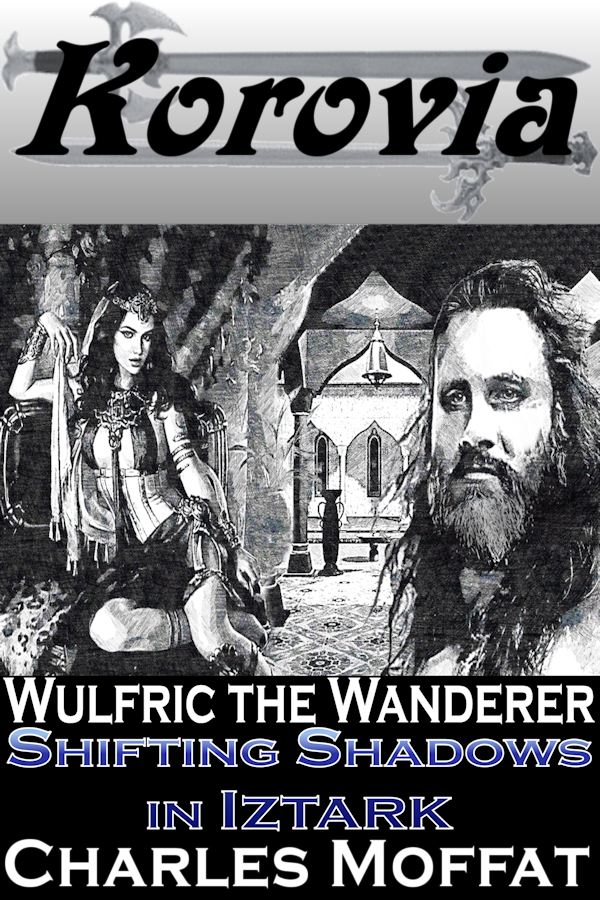 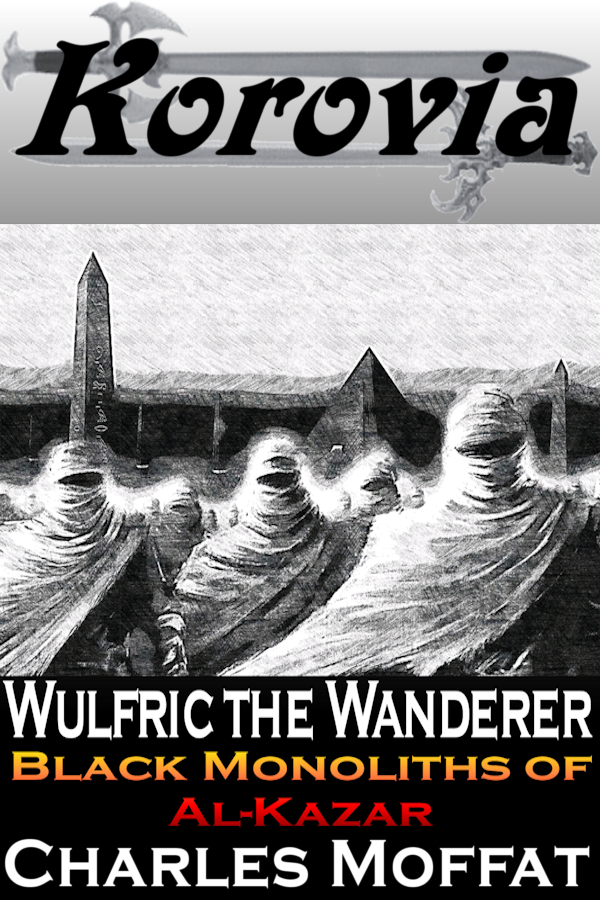
Shifting Shadows in Iztark
Wulfric the Wanderer has defeated the dark wizards inhabiting the Ivory Tower of Iztark, but upon exiting a strange old man approaches him with the promise of riches if he can assassinate the dark wizard known as Merchant-Lord Phrax Al-Amun. But Phrax's palace and harem full of women is guarded by more than mere mortal guards and the wandering barbarian-turned-assassin will have to battle his way through all manner of dangers and distractions.
Black Monoliths of Al-Kazar
Tahira, Wulfric's great love, is dead and the barbarian from Korovia decides to strike out on his own. His journey brings him to a Quinian trading post on the coast of Al-Kazar... But what he encounters there however is black magic and 'Black Monoliths of Al-Kazar'. Forced into slavery Wulfric the Wanderer must unlock his own rage within the dark abyss of his soul.
The Unbreakable Arrow
The stranger arrived in the village leading a dying injured horse. The villagers live in the woods, away from the keen eyes of the dragons and demons that fly overhead during the Dark Ages of Korovia. When pressed by a local Xarsian priest the stranger is convinced to find a legendary magical arrow, said to be unbreakable, in order to slay a demon. There is only one problem. The magical arrow is said to be in the lair of a sleeping dragon...
The Enchanting Worlds of Historical Fiction and Fantasy Literary Magazines: A Gateway to Success for AuthorsIn the ever-evolving landscape of literary publishing, historical fiction and fantasy literary magazines have carved out a unique and influential niche. These magazines not only celebrate the rich tapestry of imaginative and meticulously researched storytelling but also serve as a vital marketing tool for authors seeking to establish their presence in the literary world. This article explores the history, significance, and enduring appeal of these specialized publications, highlighting why they remain crucial for writers today.
A Glimpse into HistoryThe Birth of Genre Magazines The roots of historical fiction and fantasy literary magazines can be traced back to the pulp era of the early 20th century. During this time, magazines like Weird Tales (first published in 1923) and Amazing Stories (debuting in 1926) became bastions for speculative fiction. These publications offered a platform for now-iconic writers such as H.P. Lovecraft, Robert E. Howard, and Ray Bradbury, allowing them to share their fantastical worlds with an eager audience. The Golden Age The mid-20th century marked the golden age of genre magazines. Titles like The Magazine of Fantasy & Science Fiction (launched in 1949) and Analog Science Fiction and Fact (formerly Astounding Science Fiction, rebranded in 1960) gained prominence. These magazines didn't just publish stories; they nurtured a community of readers and writers who reveled in the speculative and historical narratives. They were instrumental in shaping the genres and setting high standards for storytelling. The Modern Era In recent decades, the rise of digital publishing has expanded the reach of historical fiction and fantasy magazines. Online platforms like Clarkesworld, Lightspeed, and Beneath Ceaseless Skies have gained popularity, offering accessible, high-quality content to a global audience. These magazines continue to honor their print predecessors while embracing the possibilities of the digital age. The Importance of Historical Fiction and Fantasy Magazines for Authors Showcasing Talent For emerging authors, historical fiction and fantasy magazines are an invaluable showcase for their talent. Being published in a reputable magazine can be a significant career milestone, providing a stamp of legitimacy that is recognized by peers, readers, and industry professionals alike. Even smaller publications like Peasant Magazine, which showcases both fantasy and historical fiction, have an important role to play by showcasing new talent. Building a Portfolio Authors often use magazine publications to build a robust portfolio. Each published story not only adds to their body of work but also demonstrates their versatility and ability to engage readers. This portfolio can be crucial when approaching literary agents or publishers, serving as evidence of the author's skill and marketability. Connecting with Readers These magazines cultivate dedicated readerships who are passionate about historical fiction and fantasy. For authors, being published in such magazines means connecting with an audience that is specifically interested in their genre. This targeted exposure can lead to a loyal fan base, eager for future works. Gaining Feedback and Recognition Many literary magazines provide valuable feedback to authors, helping them refine their craft. Additionally, being featured in a magazine often leads to critical recognition, with stories potentially nominated for prestigious awards such as the Hugo, Nebula, or World Fantasy Awards. Such accolades can significantly enhance an author's reputation and visibility.
Why These Magazines Remain EssentialNurturing Creativity Historical fiction and fantasy magazines foster a space where creativity thrives. They encourage authors to push boundaries, experiment with narrative forms, and delve deep into world-building and historical research. This creative freedom is essential for the growth and evolution of the genres. Preserving Literary Tradition These magazines play a crucial role in preserving and promoting the traditions of historical and speculative storytelling. They honor the legacies of past masters while championing new voices that bring fresh perspectives and innovative ideas to the genres. Community Building Beyond individual achievements, these magazines build communities. They connect writers, readers, editors, and critics, creating a vibrant ecosystem that supports and celebrates genre literature. This sense of community is vital for the ongoing development and appreciation of historical fiction and fantasy. A Platform for Diversity Modern historical fiction and fantasy magazines are increasingly committed to showcasing diverse voices and stories. They provide a platform for underrepresented authors, ensuring that a wide range of experiences and perspectives are included in the literary conversation. This inclusivity enriches the genres and broadens their appeal.
ConclusionHistorical fiction and fantasy literary magazines have a storied history and continue to play a pivotal role in the literary world. For authors, they offer more than just a publishing opportunity; They are a vital marketing tool that helps build careers, connect with readers, and gain recognition. As these magazines evolve with the times, they remain essential in nurturing creativity, preserving literary traditions, building communities, and championing diversity. In an industry that thrives on imagination and innovation, historical fiction and fantasy magazines are indispensable portals to the enchanting worlds of the past and the fantastical realms of the future.
22 Books Handy for Learning Russian or Ukrainian
By Chaz G. T. Patto - June 2023. Some people really like learning new languages, but if you've been recently inspired to learn a new language then it is important that you get a few books on the subject to help with your learning process. Below we use the examples of Russian and Ukrainian, which despite their similarities have different alphabets and Ukrainian is arguably more like Polish than it is like Russian. Books for Learning Russian
Books for Learning Ukrainian
Furthermore, while researching this topic we also came up with some ways that AI could be used to help someone learn a new language:
15 Handy-to-Have Non-Fiction BooksBy Chaz G. T. Patto - June 2023. Here's a list of non-fiction books that can be handy to have in your home:
These books cover a wide range of topics, including health and wellness, cooking, grammar and writing, personal development, history, psychology, and more. They provide valuable knowledge and insights that can be useful in various aspects of life.
10 Classic Horror Books you should Definitely ReadBy Chaz G. T. Patto - June 2023. Below is a list of some of the best horror books ever written, along with a brief summary of why each book is important in the genre. These books have had a significant impact on the horror genre, showcasing exceptional storytelling, exploring profound themes, and leaving a lasting impression on readers with their unsettling narratives and masterful execution.
10 Classic Mystery Books you should Definitely ReadBy Chaz G. T. Patto - June 2023. Below is a list of some of the best mystery books ever written, along with a brief summary of why each book is important in the genre. These books have made a significant impact on the mystery genre, captivating readers with their intriguing plots, memorable characters, and unique contributions to the art of suspense and investigation.
Website Design + SEO by designSEO.ca ~ Owned + Edited by Suzanne MacNevin |
|||||||||||||||||||||||||||||||
